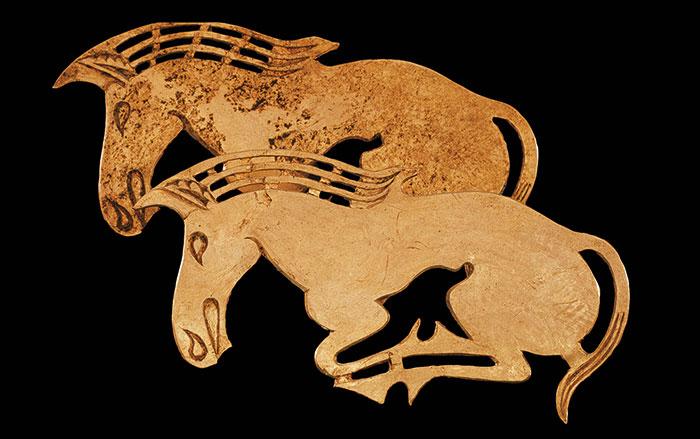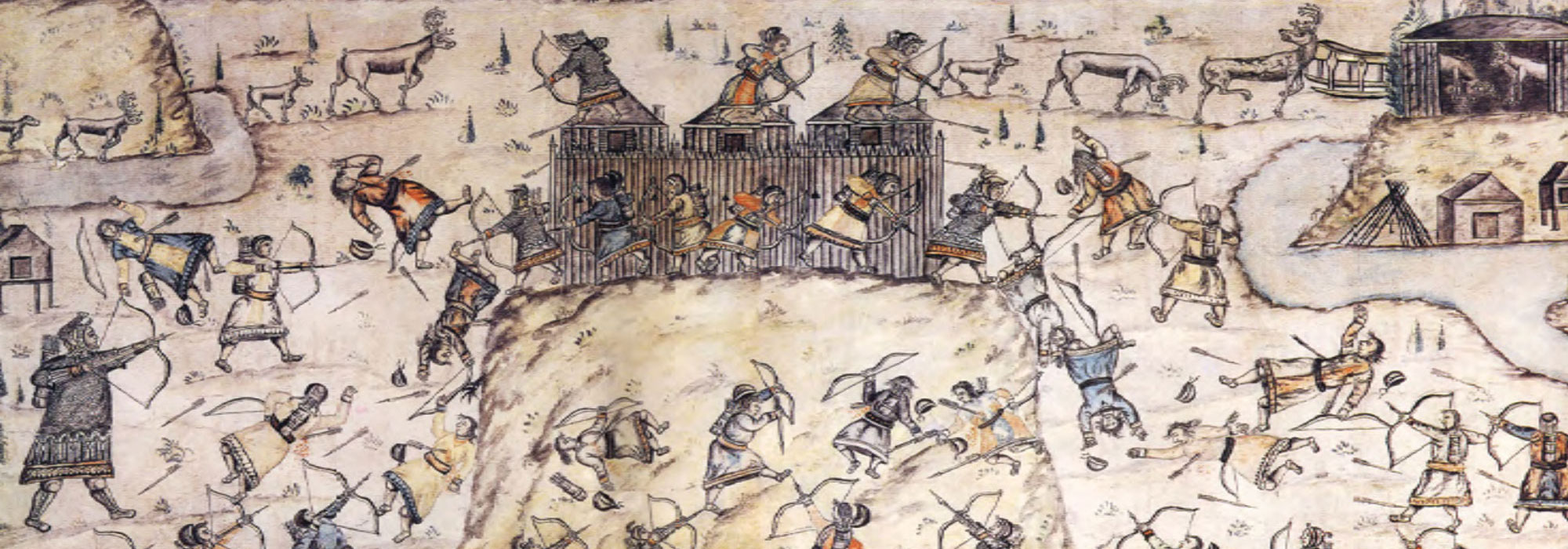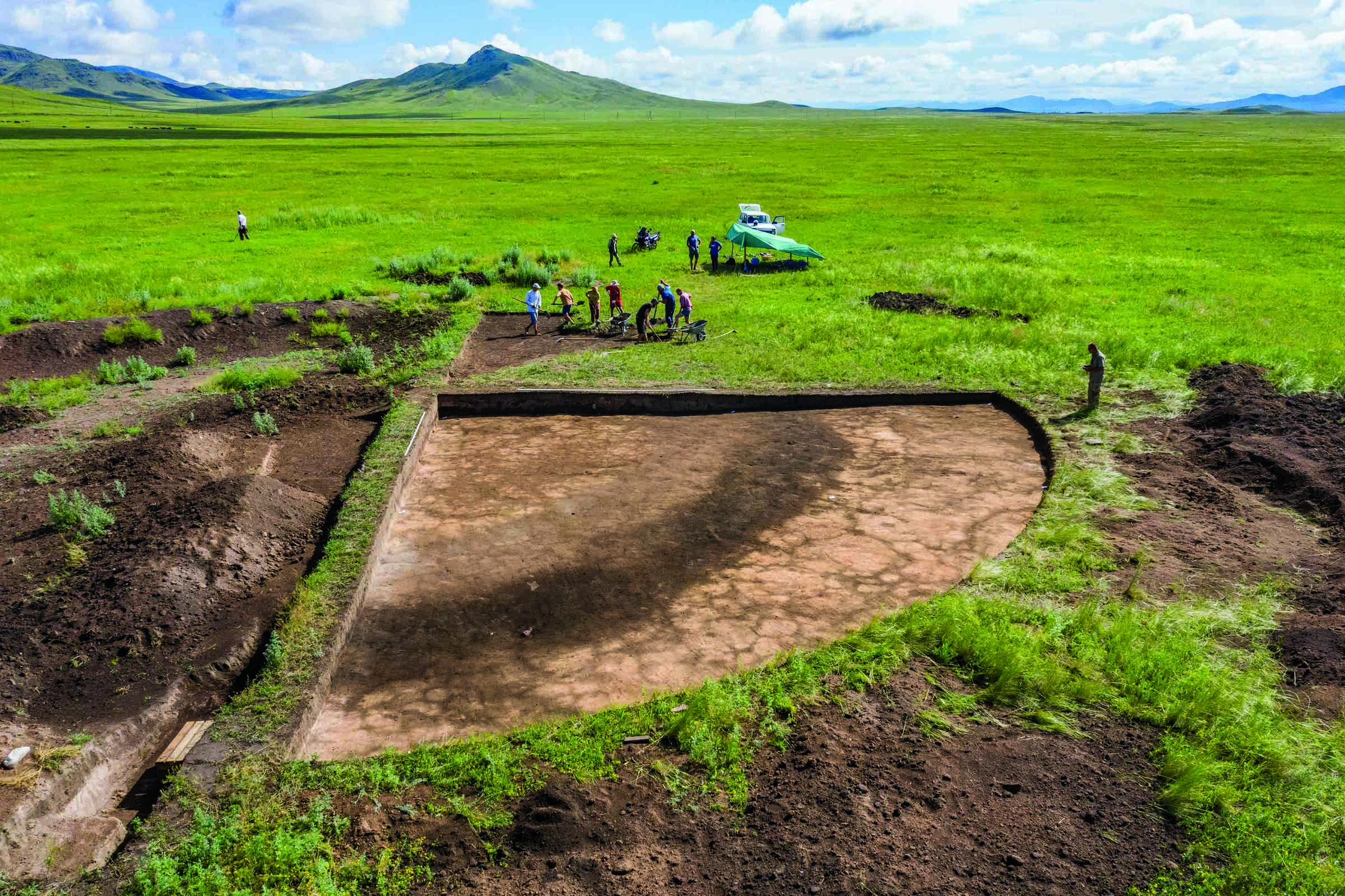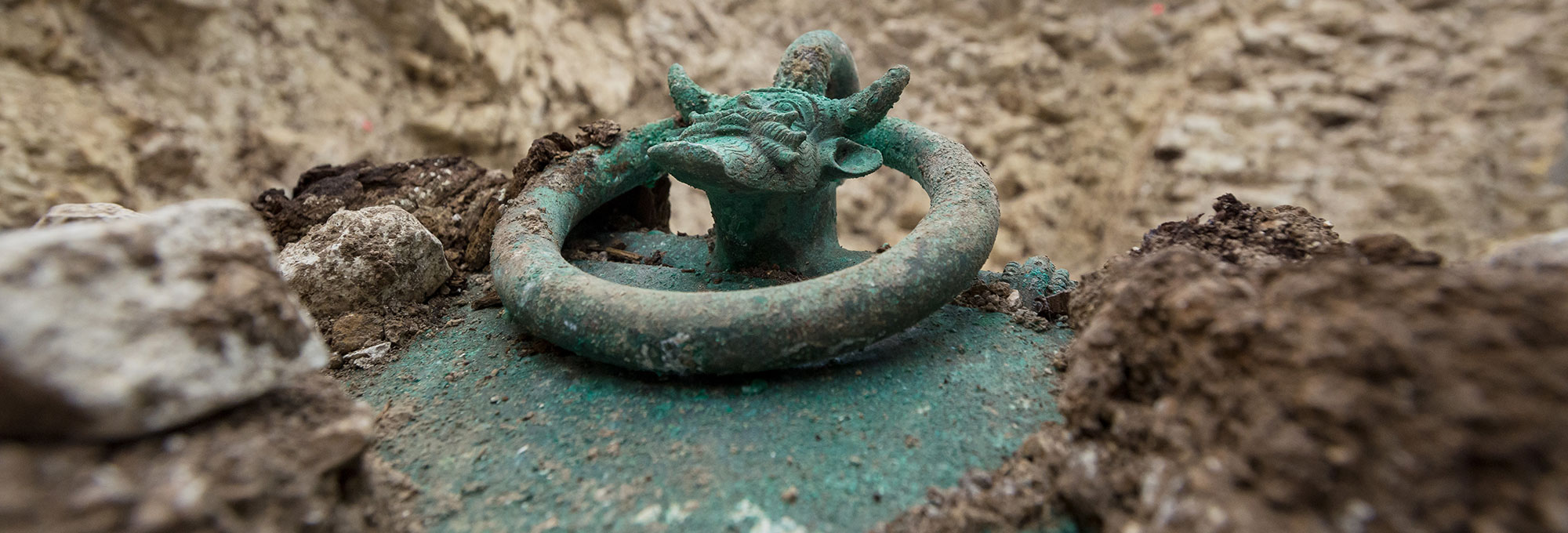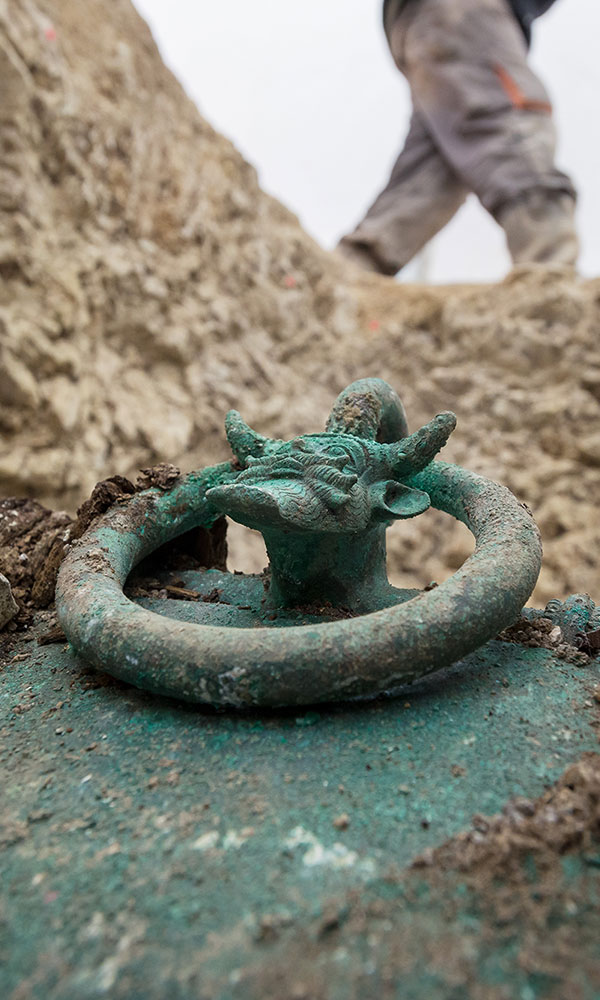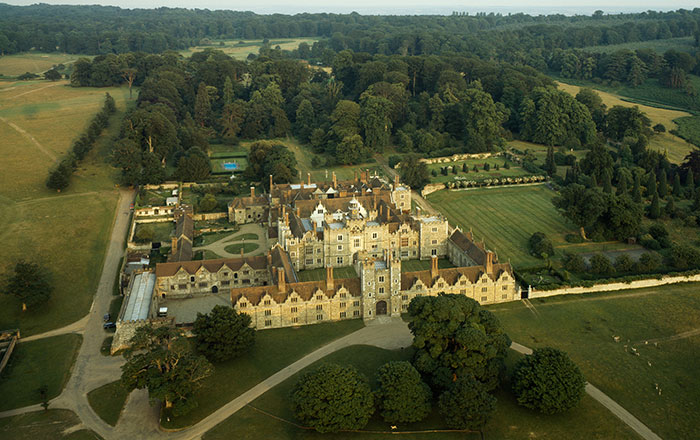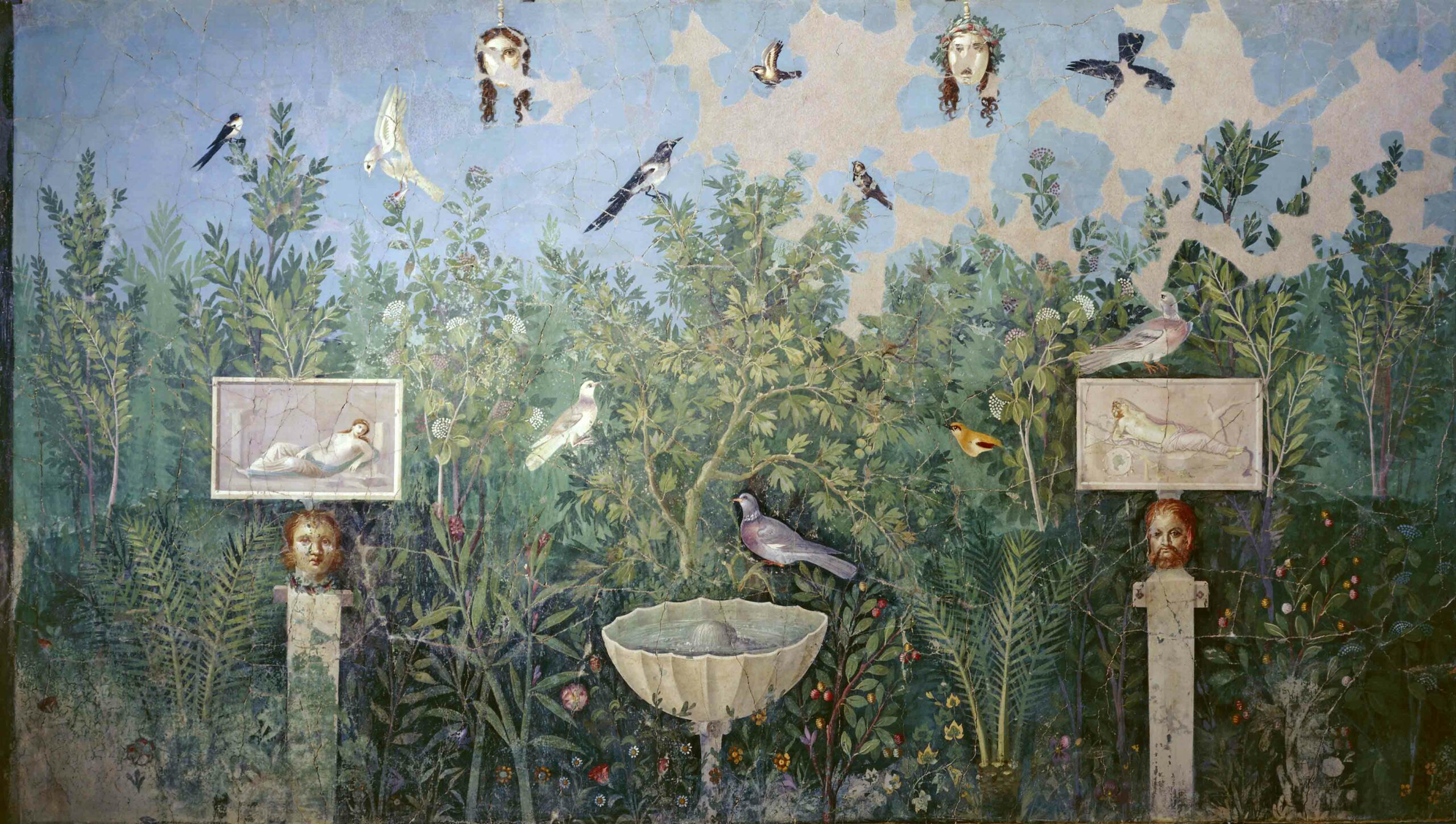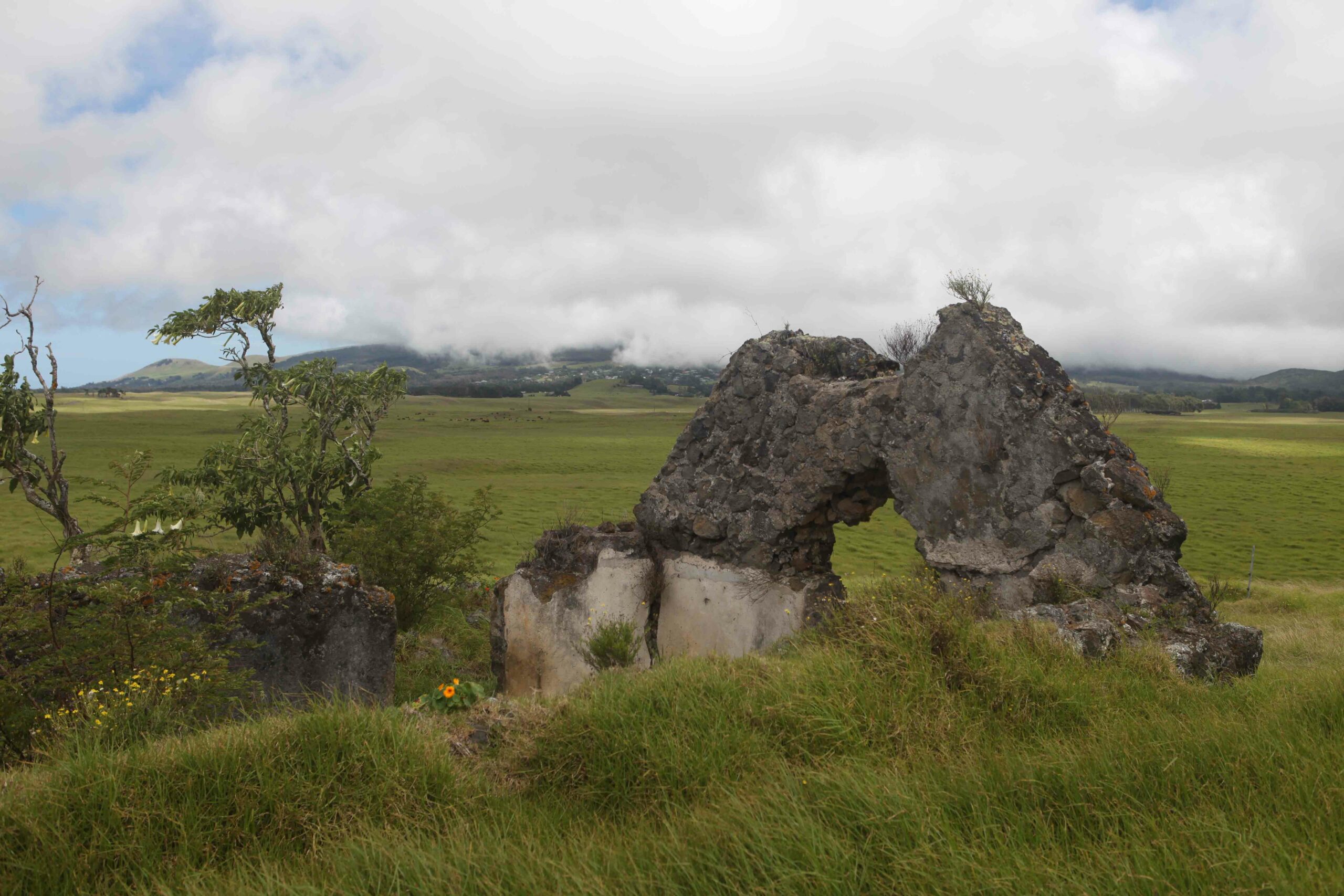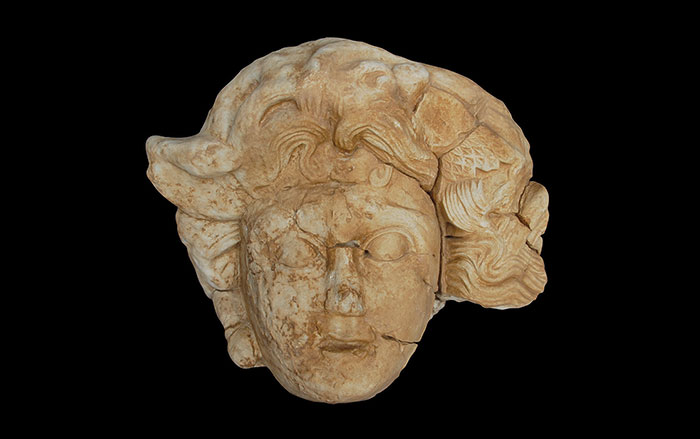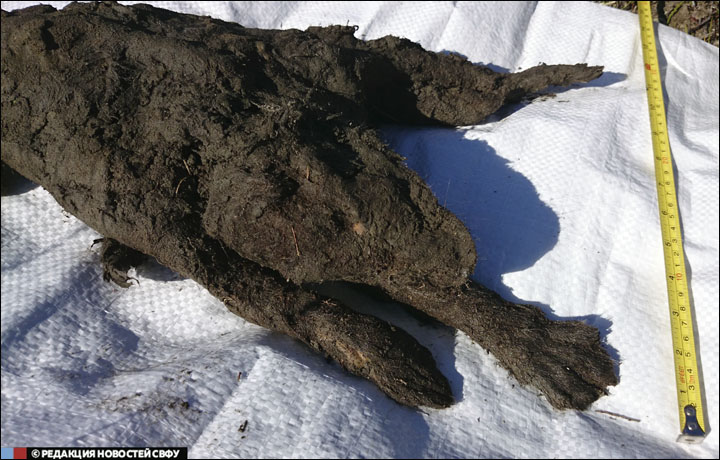
YAKUTSK, RUSSIA—The body of a second puppy discovered in permafrost on the banks of the Syallakh River has been autopsied by a team of scientists. The dogs are thought to have been siblings killed in a mudslide some 12,000 years ago. Butchered animal bones, traces of fire, and bone tools have been found nearby, leading researchers to believe that the dogs were pets. “The carcass is preserved really very well. And one of the most important things is that the brain is preserved,” Pavel Nikolsky of the Geological Institute in Moscow told The Siberian Times. “We can say that this is the first time we have obtained the brain of a Pleistocene canid,” he added. The team of scientists also collected soil samples from the site to look for ancient bacteria. “Later we will compare them with the bacteria from the puppy’s intestines. We hope to find ancient bacteria among them. Also we took samples to find the parasites—ticks, fleas. We hope to find the parasites which were characteristic for this exact species,” said Artemly Goncharov of North-Western State Medical University in St. Petersburg. To read more about the archaeology of dogs, go to "More Than Man's Best Friend."



